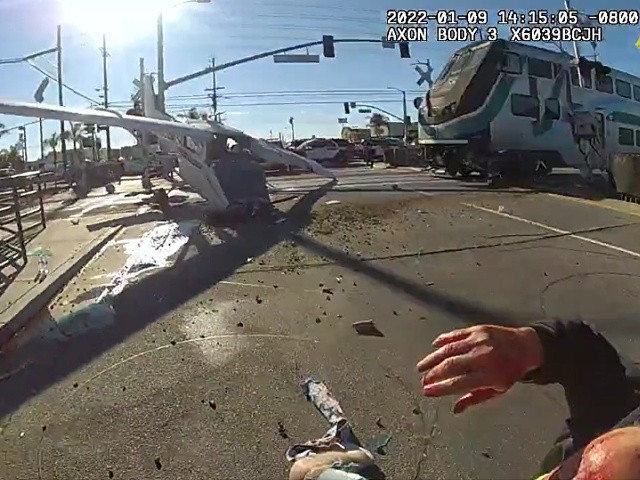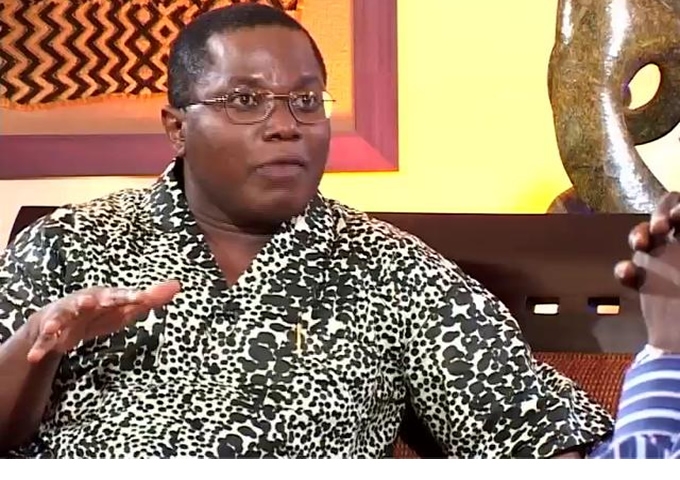The mother of two dyslexic children has said she felt like the education system didn’t care about her daughters.
It is thought dyslexia affects approximately 10% of the population in Ireland.
It is common for those with dyslexia to have difficulties with reading, spelling and writing.
Heather is mother to a 13-year-old and 12-year-old who are both dyslexic.
She told The Hard Shoulder she tried to get her eldest daughter assessed and was told she was too young.
“My eldest daughter, I noticed it in her myself when she was in Junior Infants, because there’s a family history in my family of dyslexia,” she said.
“She wasn’t grasping the phonics and she was struggling really badly.
“I highlighted it with the school… and they told me it was too early to have her assessed.”
‘Struggling really badly’
Heather said highlighted the issue again up until she was in second class.
“She was struggling really, really badly; it was affecting her mental health – she was getting severe anxiety, she was getting constant abdominal pain,” she said.
“She was missing school a lot because of it.”
Heather said she then applied for an assessment by the National Educational Psychological Service (NEPS), which they did not get.
Ultimately, her daughter was assessed through the Dyslexia Association of Ireland.
“At that stage I wasn’t even aware that there were other places and other education psychologists within the country that could assess her,” she said.
“We travelled from Co Clare up to Dublin to have her assessed and it was the best thing we ever did.
“Her percentile for reading was in the second percentile, which is really, really low.
“So she qualified to apply for a place within a school that had a reading unit.
“We were extremely lucky, there’s two of them available here in Co Clare.”
‘The system didn’t care’
Heather said her daughter’s life has been ‘turned around’ as a result, but she felt very let down by the system.
“We actually felt very let down by the system,” she said.
“We felt like the education system didn’t care about our children.
“That was very, very difficult; we’re a family with four children and one income.
“Finding the money to pay for both daughters to be assessed privately was a huge financial strain on our family at the time.
“But I wouldn’t have had it any other way; I’m glad we had them assessed because they both know they’re dyslexic, they’re getting the help that they need and they’re so much happier within themselves,” she added.
‘Waiting seven months’
Aisling is mother to 11-year-old Charlie, and faced a similar uphill struggle.
“It was in or around April last year when it was brought to my attention that he may be dyslexic,” she said.
“His support teacher suggested they screen him in school… as soon as they did, I was advised that he would need an educational assessment to see if he was in fact dyslexic.
“At that point I was kind of told by the principal and support teacher, in no uncertain terms, the road we would need to go down to get that in any sort of a timely manner would be a private road.
“We did that, I put him on numerous waiting lists – probably about four of five waiting lists for this assessment.
“In total, privately, he was waiting seven months.
“I’ve no idea of the timeframe publicly because I was told, ‘This is not gong to happen – Charlie is 10 now at this point, he needs that diagnosis'”.
‘What to be looking for’
Aisling said the diagnosis has made a big difference.
“The difference that that diagnosis has made to him and his education is huge,” she said.
“Even in that he was a good seven months waiting to have that confirmed”
Aisling said she feels earlier signs may have been missed due to the pandemic.
“Before it was mentioned to me about dyslexia I knew very little about it – so I didn’t know what to be looking for with Charlie,” she said.
“Looking back I can see it a mile off – Charlie hated reading, it was huge bugbear in our house trying to encourage him to read.
“He would be very slow at reading, he would mix up a lot of the words, he would mix up a lot of the letters.
“I think it was just something I wasn’t aware to be looking for,” she added.
Listen back here:
Main image: Children in a classroom. Image: Universal Images Group North America LLC / Alamy Stock Photo
Note: This article have been indexed to our site. We do not claim legitimacy, ownership or copyright of any of the content above. To see the article at original source Click Here













